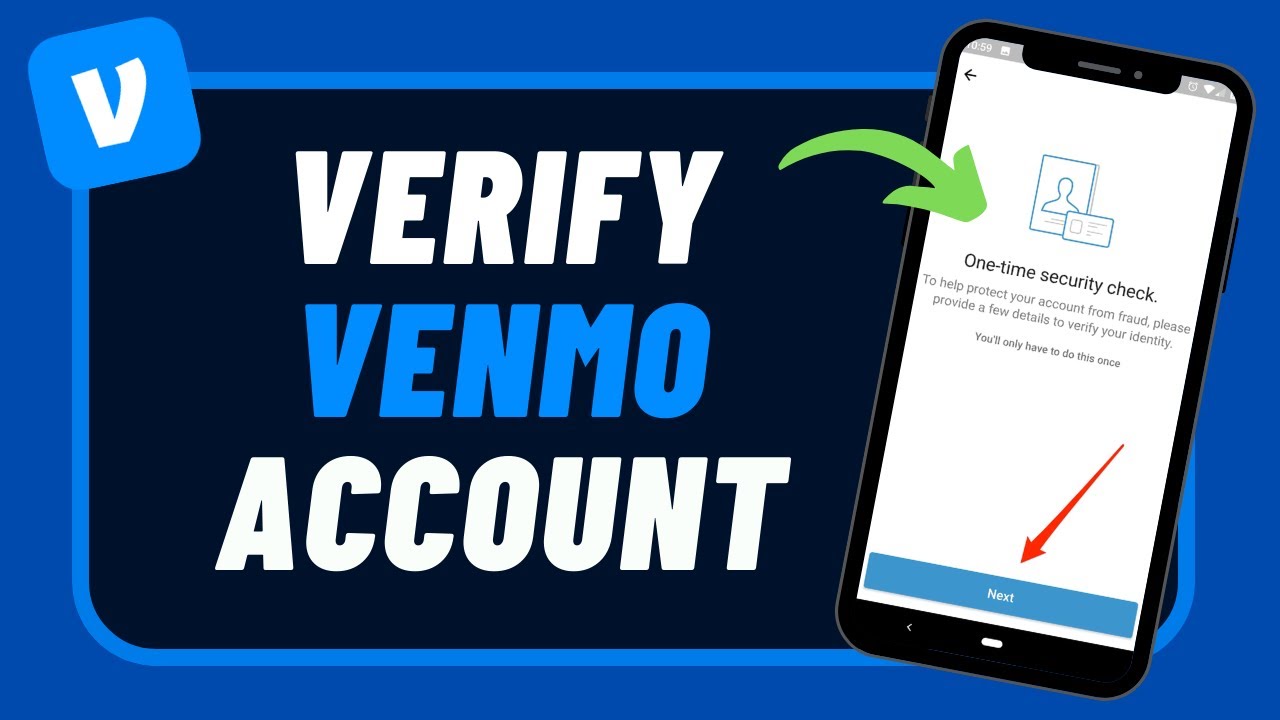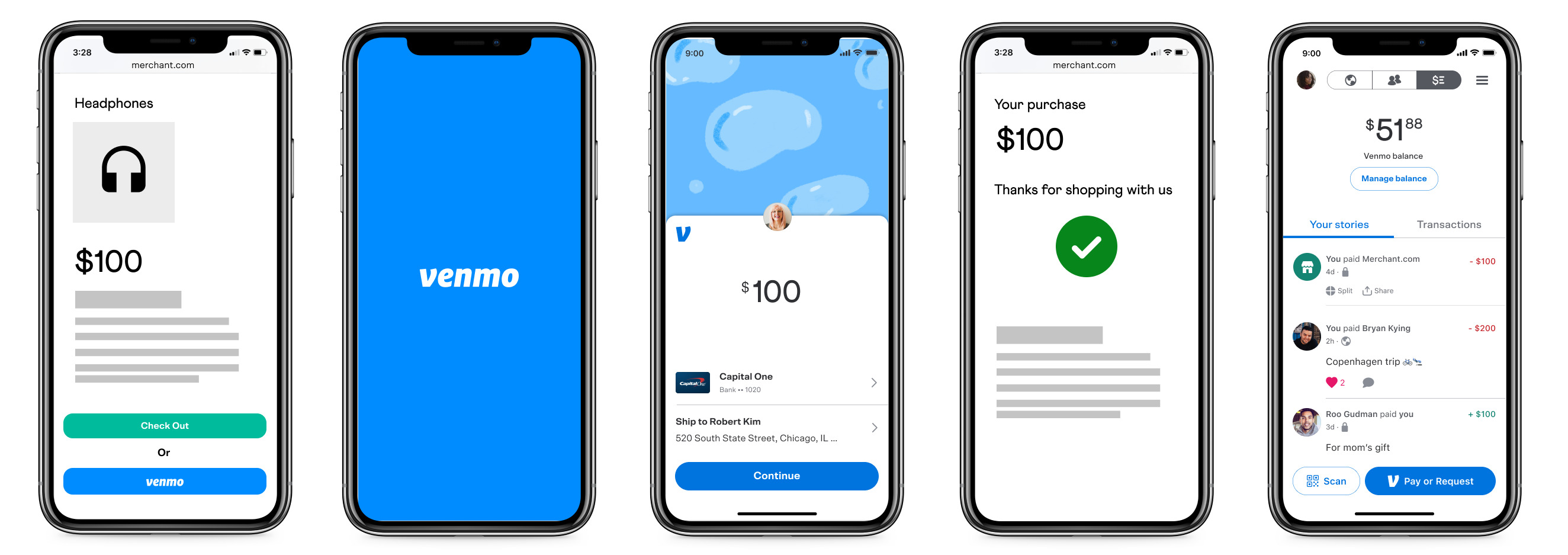Why is Venmo asking for my SSN? If you are using the Venmo app, you might come across a request for your social security number (SSN) and other details. Venmo has legitimate reasons for asking for your details, and it has to do with verifying your identity. Let’s take a look at the different instances in which Venmo asks for your SSN and alternative ways you can prove your identity without providing your SSN.
What Is SSN?


SSN, shorthand for social security number, is a numerical ID assigned to US citizens by the government, and its purpose is to track economic benefits such as income and personal taxes. Now that we’re on the topic of taxes, did you know that there are applications that can help you navigate the often-times difficult world of tax filing? Check out this list of the best tax software to help you calculate and file your tax dues on time.
Every citizen receives a unique SSN with a unique combination of numbers. It’s a lot like the way ID numbers are generated and assigned to individuals to help identify them. This makes the SSN one of the more common methods for identity verification across the board.
The majority of banks ask individuals to provide their SSNs to verify their identities before proceeding with any particular transaction. These transactions cover a wide range of things, from obtaining credit or opening a bank account. Even money transfer services like Venmo ask for your SSN for the same purpose of verifying your identity.
Why Is Venmo Asking for My SSN? Verification Explained


Venmo has several legitimate reasons for asking for your SSN, but the simple answer is that they need your SSN to verify your identity. It is a gatekeeping function to protect your account from identity fraud and theft, and it is necessary for transactions above the company’s normal limits.
Preliminary Verification
Like other businesses that deal with the transfer of money, Venmo answers to the United States Treasury Department. Venmo and similar businesses are mandated by law to collect pieces of information. Venmo and other services like it use these pools of information to verify their users’ identities, and they then store this information in an encrypted database.
The types of information collected vary per service. But it usually includes the following: SSN, driver’s license, government-issued ID number, tax ID number, and other documents.
One-Time Verification for Transactions
Federal law also mandates Venmo and businesses like to employ security checks before allowing major financial transactions. In other words, they have to request this information before they are allowed by law to approve major transactions. In the case of Venmo, they will ask for a one-time verification through the application.
Is Giving Your SSN and Other Details to Venmo Safe?


Some people have reacted negatively to Venmo’s recent request for additional information and verification. Some users are worried that the emails they receive are fake. Still, others are worried that Venmo will use the information for nefarious purposes. Fortunately, Venmo did confirm that they have sent out emails requesting account verification. Additionally, they employ strict policies to permanently keep all of the information under wraps.
Venmo Is Safe, Generally
Venmo does collect user information. It keeps records of all transactions and the individual account balances of other users. But they are also regulated by the Consumer Financial Protection Bureau (CFPB). In other words, they have to keep up with the latest security standards to be certified.
Venmo uses encryption to protect their user accounts, and they also allow you to choose the bank account and payment method to use for any transaction. They also track account activities to monitor unauthorized transactions. Venmo has skillfully demonstrated this with their request for SSN.
Additionally, they use HTTPS protocol on their websites and store all the data they collected in encrypted servers in secure locations. On top of everything, they also allow users to disable devices from accessing an account in the event the device is lost or stolen.
However, It Isn’t Foolproof
But of course, Venmo isn’t foolproof. As a peer-to-peer money app, less reputable users may use the app to scam other users. Examples of the more commonplace scams include using stolen credit cards to finance payments or people fraudulently rejecting a payment after you’ve sent them money.
If scammers can do all these, then we can presume them to be capable of sending out fake emails as well. Having said this, you should exercise caution when opening emails in general. It would be best if you also tried to verify the source of the email and avoid opening any links within suspicious emails.
It also pays to use a reliable VPN service while transacting using money transfer apps. For this purpose, we highly recommend ExpressVPN.
Take Extra Precautions
Additionally, you should consider your history to determine whether you have already provided your information to Venmo for verification. If you receive a one-time verification request, evaluate whether you have taken any of the qualifying actions.
You may have received a fraudulent request if it comes from an unverifiable email address or if you didn’t apply for any of the qualifying transactions to warrant an SSN request.
When Does Venmo Ask for Your SSN?


Note that Venmo doesn’t always ask for your SSN. Most of the time, they will only ask for your PIN and/or a security code sent to your mobile number to approve a transaction. However, Venmo may ask for your SSN when they detect something unusual or suspicious.
Luckily, we don’t have to speculate on what “suspicious transactions” mean, as Venmo has detailed the particular instances in which they will request your SSN on their website. In particular, they will issue a request for SSN in the following cases:
- When you send $300 or more within a single week
- Create an account with other people
- When you send $1000 or more to your bank within a week
- If you are a sole proprietor with a business profile and you exceed more than 200 transactions within a year
How to Enter Your SSN When Requested


Venmo can request your SSN in two ways, either through a one-step verification within the app before approving any of the aforementioned transactions or through an email requesting you to verify your identity by submitting documents through the Venmo app.
Preliminary Verification
If you receive a request via email, it can mean that you failed to complete the verification process previously. It can also mean that they need more information other than what you provided to them previously. Additionally, you can take this as a notification of your status as an unverified Venmo user. Being an unverified user comes with a lot of limitations. So you’re going to want to fix the issue with a few simple steps:
1. Open the Venmo app and go to the “You” tab with an individual’s avatar.
2. Look for the Settings option from the top-right corner of the page and click on the “Identity Verification” option. The application will help you through the process with on-screen prompts.
One-Time Verification for Transactions
On the other hand, if the request is part of a one-step verification process, you must input your SSN in the dialog box that appears on the app. The app will cross-reference the number you provided with the SSN on file for your account from when you originally verified your account. If you haven’t verified your account, they might ask you to check in with the app to handle that first.
Are There Alternative Ways to Provide Verification Other than SSN?


Verifying with your SSN is the easiest way to fraud-protect your account. But of course, you can confirm your identity through other ways, which will require additional documentation and will take longer than usual. Some of the documents you can submit instead of your SSN include your tax ID number, passport, driver’s license, card of tribal identification, DHS card, etc.
If you fail to complete the verification process due to insufficient documentation, you will still be able to use Venmo. However, you will be labeled as an “unverified” user. This comes with a variety of limitations on transaction amounts and the number of transactions per day.
Why Is Venmo Asking for My SSN? Final Thoughts


Venmo is generally safe to use for cash transfers. However, it would help if you were careful when it comes to providing your SSN. You must be especially careful if the request comes from dubious sources. While the chances of someone emailing you a fake request for verification are slim, it is never zero. Having said this, you should consider whether you have taken any of the aforementioned qualifying actions to warrant a request for SSN or not. Better yet, you can avoid having to input your SSN out of the blue by avoiding going overboard with your transactions.

























